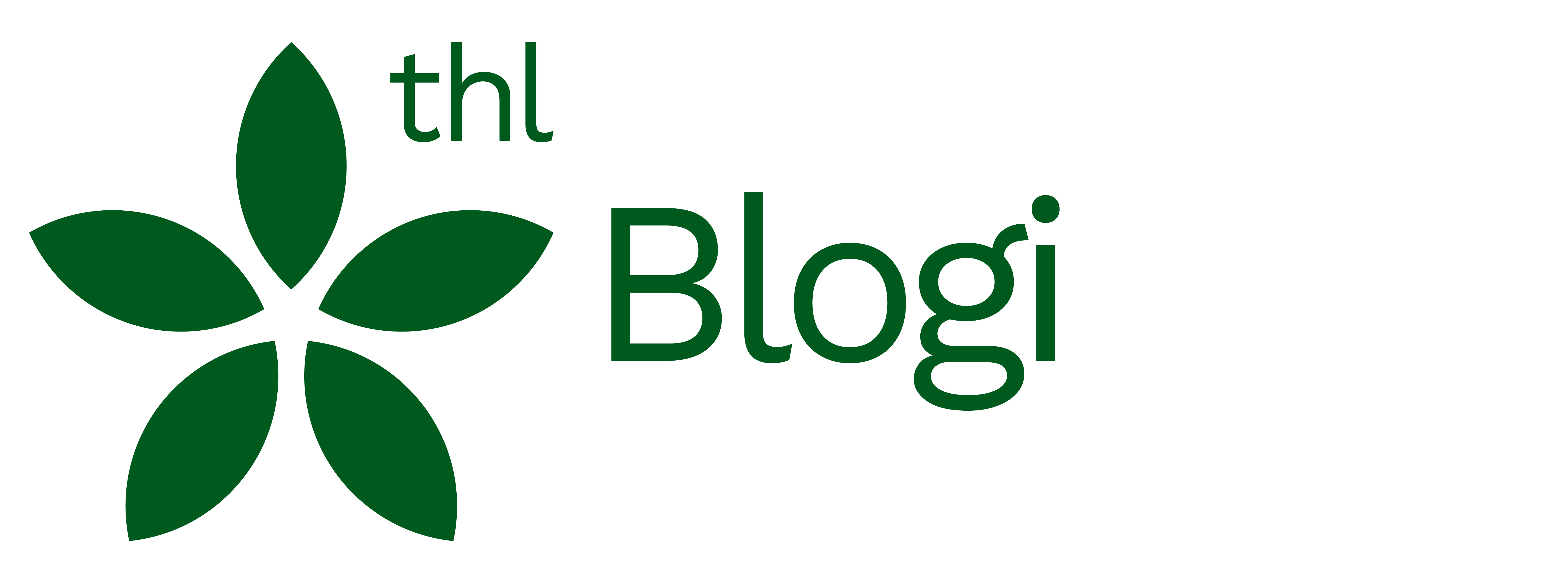I am on the train, enduring my daily commute home when I see him, a look of barely controlled rage on his face as he publicly and excessively chides his embarrassed daughter. The story behind it is unknown but the consequences were clear for a young girl whose heart broke a little bit that day.
I am immediately drawn to thinking how I respond to my own children. My head and my heart know that nothing they ever do would deserve such a reaction but seeing the behavior of others can be a mirror, reflecting a disconcerting truth of our own.
In the bigger scheme of things, this negative interaction was a mild, albeit still impactful example compared to the horrifying instances of violence against children that we frequently hear about in this era of 24-hour news and pervasive social media.
The reality is that the most serious forms of violence have thankfully continued to decrease, yet we seem to be seeing more traumatized children than ever before.
I often find myself thinking on solitary walks, about what it means to me to be a parent, to be a father. I have a few thoughts, ideas intended only for myself because ultimately it is up to each of us to answer this question for ourselves.
With WHO estimates indicating that more than 55 million children in the European Region experience some form of maltreatment each year, I believe that being a parent is the most important, challenging and yet fulfilling role that anyone could ever experience.
But how do we prepare for this? How does society teach parents to be the best they can be for their children?
The lack of guidance and life-long support made available to parents seems to suggest a belief that one magically metamorphoses into a “parent” as soon as they receive the gift of children.
Thankfully more and more countries and governments are ceding to the evidence that access to, and facilitating participation in, parenting programmes (such as Incredible Years, Parenting for Life Long Health and Triple P, to name just a few) benefits the development of positive family relationships from the outset, not just under the circumstances of repairing bonds fractured by maltreatment.
30 years have passed since the global community unanimously agreed that all children, wherever they are, have the right to safety, the right to be free from violence and exploitation, to education, to play, to a family life and an upbringing in their best interests. That said, and despite a very clear definition, it seems that many harmful actions are only slowly being decried as violence.
Whilst the United Nations Convention on the Rights of the Child is ratified by all 53 countries of the WHO Region for Europe, only 35 countries have banned corporal punishment in all settings.
With physical punishment (the intent being, to discipline through pain and fear) still legal and highly prevalent in many countries, I ask, “How is this anything other than violence against children?”
***
Jonathon Passmore is the Programme Manager for Violence and Injury Prevention for WHO in the European Region. He is a devoted husband and proud father of 3 beautiful daughters.
Passmore will be speaking at the Supporting Non-violent and Participatory Childhoods Conference on November the 26th. The conference is an official side event of Finland’s Presidency of the Council of the European Union.
You can follow the conference live on November the 26th between 9.30 a.m. and 2.40 p.m. (UTC+2).
Follow the webcast
